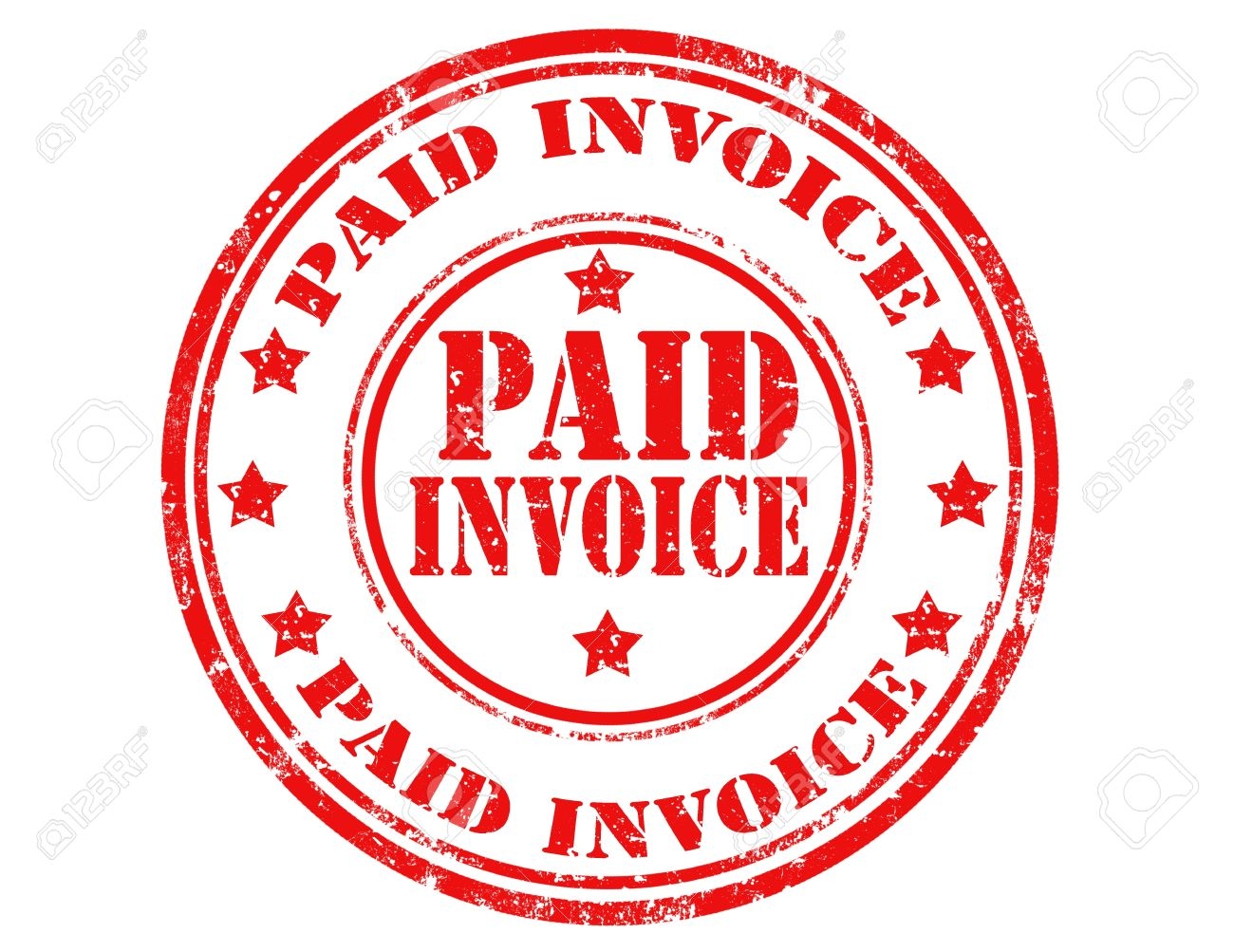

Invoice payment terms allow you to make accurate cash flow projections, which in turn help you plan for taxes and manage the growth of your business. They are an agreement that sets your expectations for payment, including when your client needs to pay you and the penalties for missing a payment. Where specific interpretations of the Late Payment Legislation are required, it is recommended that these be sought from parties with the appropriate expertise within the legal profession.Invoice payment terms are the conditions that outline how, when, and by what method your customers or clients will provide payment to your business. While the Department provides information in respect of late payments, it is important to note that it does not provide legal advice. If you require further information on the issue of “late payments”, please send an email to the dedicated mailbox Note: Enterprises can challenge grossly unfair terms and practices.Statutory interest rate for late payment is 8 percentage points above the European Central Bank’s reference rate.Where late payment interest falls due, the supplier is also entitled to the automatic payment of compensation costs.Enterprises are automatically entitled, without the necessity of a reminder, to interest for late payments.

If there is a contract between 2 undertakings, then after the payment date referenced in the contract, which if greater than 60 days from delivery of the goods, must be expressly agreed in the contract and cannot be grossly unfair to the supplier.If there is a contract between an undertaking and a public authority, then after the payment date referenced in the contract, which cannot exceed 30 days from the delivery of the goods.If there is no contract between the parties, then 30 days after the invoice is received by the purchaser or 30 days after goods/services are delivered if the date of receipt of the invoice is uncertain or the invoice was received before goods/services were delivered.The Regulations apply to commercial transactions in both the public and private sector. Interest shall apply until such time as payment is made by the purchaser. Under these Regulations it is an implied term of every commercial transaction that where a purchaser does not pay for goods or services by the relevant payment date, the supplier shall be entitled to interest (“late payment interest”) on the amount outstanding. The purpose of these Regulations is to give legal effect to Directive 2011/7/EC of the European Parliament and of the Council of 16 February 2011 on combating late payment in commercial transactions. European Communities (Late Payment in Commercial Transactions) (Amendment) Regulations 2016 - SI 281 of 2016.European Communities (Late Payment in Commercial Transactions) (Amendment) Regulations 2014 - SI 196 of 2014.European Communities (Late Payment in Commercial Transactions) (Amendment) Regulations 2013 - SI 74 of 2013.The issue of “ late payment in commercial transactions” is governed by the European Communities (Late Payment in Commercial Transactions) Regulations 2012 - SI 580 of 2012 as amended by What We Do Late Payment in Commercial Transactions


 0 kommentar(er)
0 kommentar(er)
